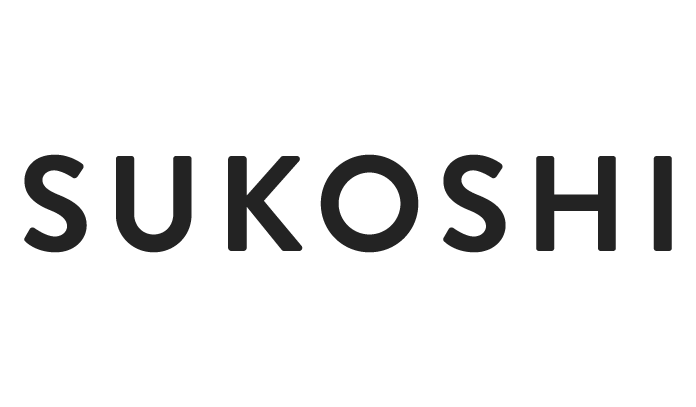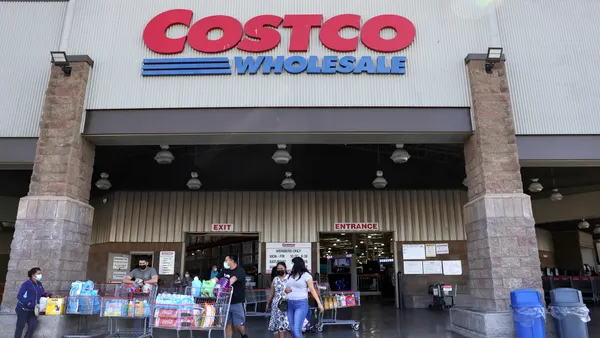Dive Brief:
-
On Thursday, Standard Cognition, an AI-powered autonomous checkout startup, announced that it raised $35 million in Series B funding. EQT Ventures led the round with participation from existing investors Initialized Capital, CRV and Y Combinator, the company said in a press release emailed to Retail Dive.
-
The latest funding round brings the company's fundraising total to more than $86 million and raises the company's valuation to $535 million. The company will use the funding to focus on its customer base in the U.S. and Japan, as well as expanding both domestically and internationally, per the company's release.
-
The company noted in its press release that it will go live with its technology at two retailers across multiple locations later this year. The company added that "hundreds of other retailers" are considering its technology but did not specify which ones.
Dive Insight:
The company's fundraising, the release of its scan-and-go app and its pending collaborations with retailers are yet more signs that Standard Cognition is positioning itself as a potential competitor to Amazon Go. The announcement comes after the company opened a cashierless store in San Francisco in 2018, as well as a Japan office, and acquired Explorer.ai to support automated checkout in larger store formats.
Standard Cognition isn't the only startup looking to take on Amazon Go. The San Francisco-based startup, Zippin, also announced plans to open a cashier-less store last year. It was also reported last year by Reuters that Microsoft and Walmart were considering collaborating on a cashier-less point-of-sale system that could rival Amazon Go. Amazon isn't slowing down its own growth plans, though. The e-commerce giant has confirmed that it will open more Amazon Go stores in Chicago and Seattle.
"Traditional brick and mortar retailers are caught in a perfect storm," Alastair Mitchell, partner and investment advisor at EQT Ventures, said in a statement on the funding round. "From the encroachment of behemoths like Amazon into every inch of the market to changing consumer attitudes, as busy people demand an ever more efficient shopping experience, margins are being squeezed like never before."













